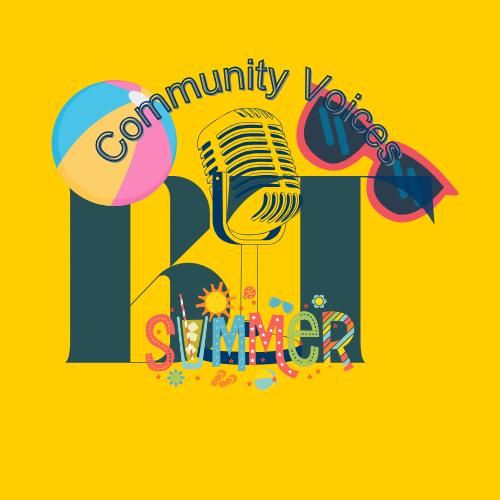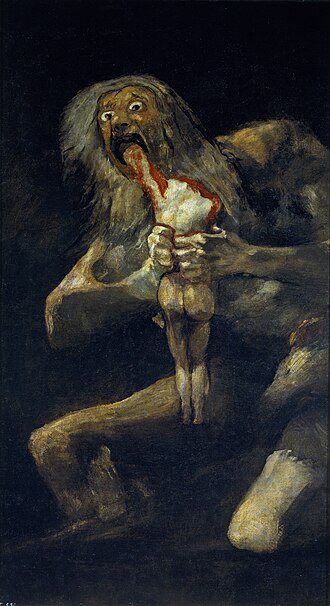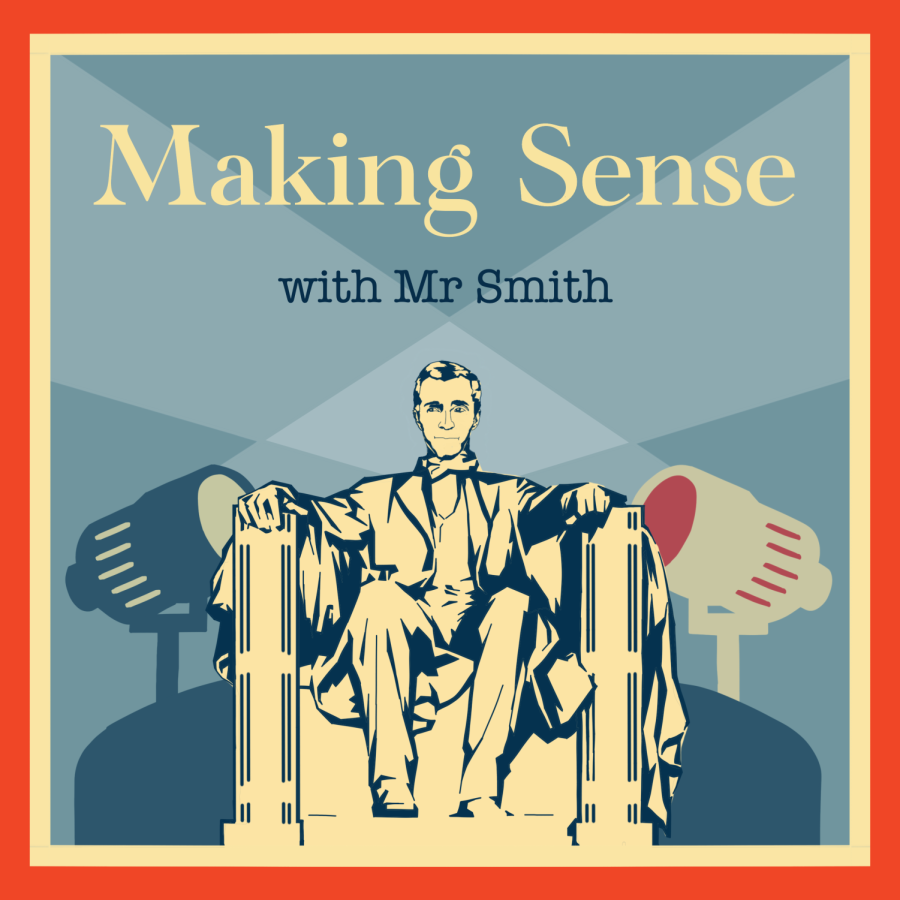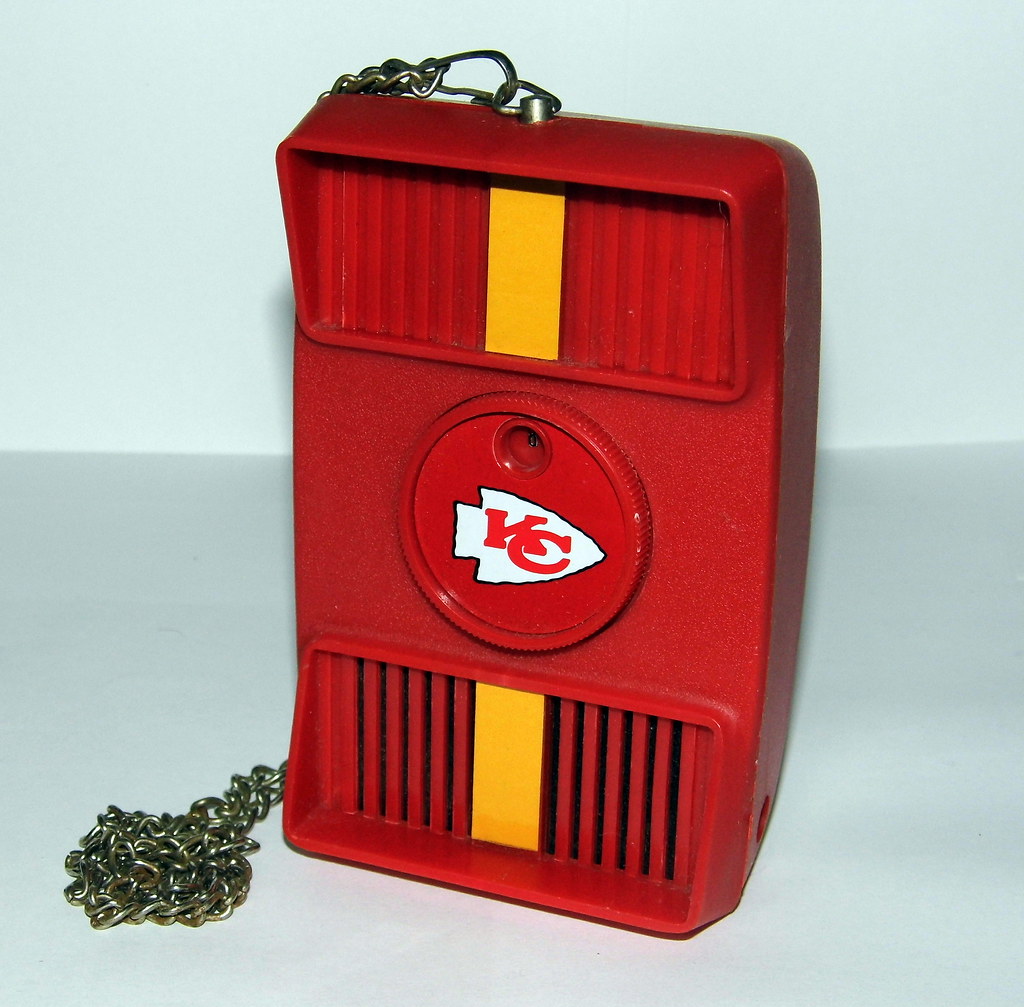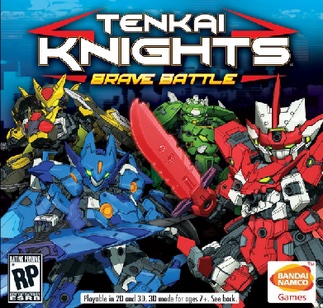
Oftentimes, a game review will coincide with some event or release that makes it topical. In the literary trade, this is called kairos. Tenkai Knights: Brave Battle for the Nintendo 3DS was recent enough to have kairos, at least contextualized within human history. The Roman Empire fell millennia ago, and millions of men think about it every day. Princess Diana died decades ago, yet a Broadway musical based on her life story debuted only two years ago. This makes the scant nine-year difference between the present day and the releases of Tenkai Knights feel truly prescient. That being said, the game is bad; really bad.
Tenkai Knights follows four children who come into possession of a magical artifact that can transform them into brave warriors, tasked with defending both the mythical Tenkai universe and their own. This is integrated into gameplay via a giant expositional conversation between the various (nearly identical-looking) characters. In a good game, this exposition could be a selling point. In the 2012 3DS game Kid Icarus: Uprising, each mission is coupled with banter between the various characters, with full voice acting and text shown on the 3DS’s lower display. The wealth of content created by these interactions helps to endear these characters to the player and provide an intrinsic motive to complete the story separated from gameplay. Kid Icarus: Uprising is rated 47th on Metacritic for highest rated 3DS games – it’s relatively low ranking mostly due to its abjectly horrible controls. When emulated, it becomes arguably the best game on the system due to the palpable love and care put into its story and gameplay. Conversely, there is almost no care put into the development of Tenkai Knights: Brave Battle. It is the lowest ranked 3DS game on Metacritic, at number 397, and it shows. Only one character in the game is voice acted, and his dialogue is turned down to near inaudibility in the mix for no apparent reason. Everyone else’s dialogue must be read, which makes Uprising style banter impossible.
This is to say nothing of Tenkai Knights: Brave Battle’s gameplay. I had the opportunity to play the first six levels of the game, and they were all virtually identical: Kill a set number of enemies on the same map. They ranged between four and ten and would sometimes announce that I had beat the level before I had actually done so. The jump height is set really high, even though you cannot move horizontally when jumping. There are two or three separate attacks, but they all do about the same amount of damage, which can kill any enemy in one or two hits. The difficulty curve of the game instead comes from whether or not the game will let you attack/move at any time. The only time in my two play sessions that I was close to death was when the game decided I shouldn’t be able to move, and thus an enemy drained half my health bar over the course of forty-five seconds. If Tenkai Knights has a boring story and unplayable gameplay, then the music must be where it flourishes. This is true, but with one significant caveat: There are only three tracks. Each is listenable, but they are really short, I believe they last around ninety seconds each. They loop based on whether the game is in gameplay, story, or menu mode.
All in all, Tenkai Knights would be a masterpiece if it only had a different story, different controls, and a better soundtrack. As is, it is nearly impossible to play, we as a society are lucky that it never sold enough copies to be easy to find, then mistake for a better game and purchase. I give it a solid 2/10. Please don’t play it.
Work Cited:
Miyamoto, Shigeru. “Kid Icarus: Uprising.” Nintendo, 12 Mar. 1012.
Bandi, Namco. Tenkai Knights. 7 Oct. 2014.
“Metacritic – Movie Reviews, TV Reviews, Game Reviews, and Music Reviews.” Metacritic, metacritic.com.






